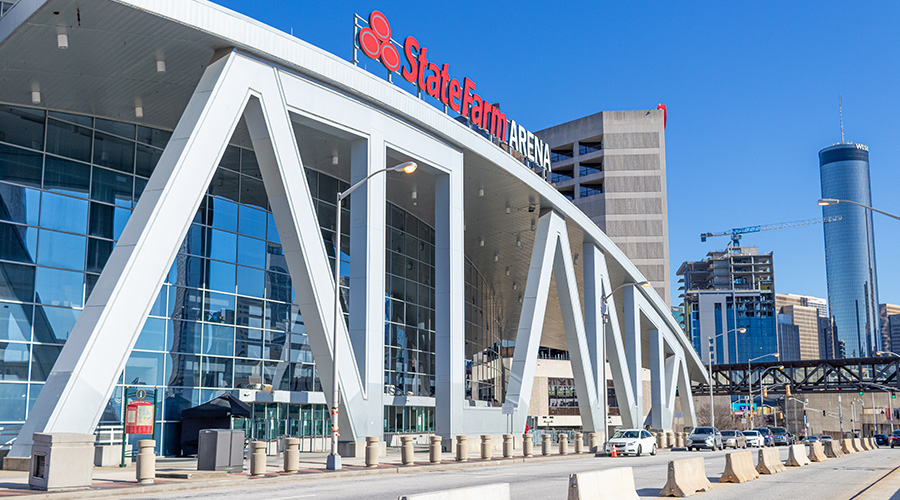Demand Response: Engineers Focus on HVAC, BAS
Because the crux of demand response is reducing kWh for a designated period, facilities' largest energy-using equipment, such as HVAC systems, will be the focus for engineers programming and adjusting building systems and components in preparation for an event. In Allegheny County, steamfitters and boilermakers act as rovers to ensure independent cooling units in specific facilities are turned off, and engineers and technicians pay close attention to the buildings' air-handling units, due to their energy intensity.
The county's building-automation system (BAS) also is an important piece of the puzzle. The BAS allows engineers to shut down equipment more easily, as well as make sure it is operating properly after the demand-response event concludes. That way, energy savings the event generated do not go to waste due to inefficient operation when systems come back online.
"Ahead of time, our stationary engineers assigned who would be turning off what equipment and when at each facility," La May says. "They even set the building-automation system to pre-cool ahead of the event so that some areas that got hot quickly wouldn't be as hot during afternoon hours. They really had to plan for two hours of shutdown because it would take that long for us to get (back to normal operations)."
The test event not only was a success in terms of energy reduction and monetary savings. It also brought to light the important role public works employees play in helping county facilities implement energy-efficiency initiatives.
"Their experience and expertise really came through," La May says. "These guys know the facilities inside and out. They know how things work, and they know the people in the buildings. They already have established relationships. It really helps a lot. For them, in some cases, it was even kind of fun because they were able to do what they know how to do best. Having people familiar with your facilities really makes things go a lot more smoothly."
Related Topics:














